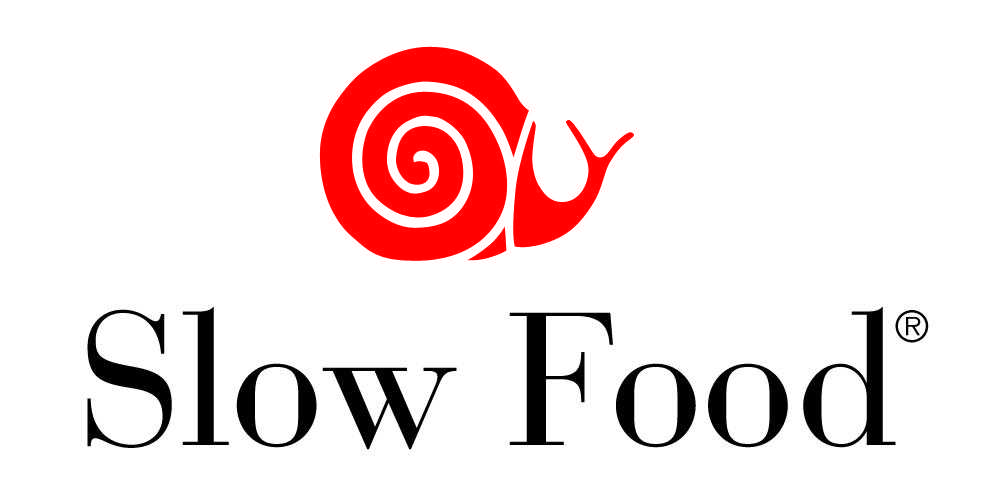Celebrating Uganda’s Special Coffee Varieties, the third edition of the Slow Food Coffee Festival, took place at Maluku Ground in Mbale, Eastern Uganda, February 17 and 18.
This year the event focused on the rich biodiversity of Ugandan native coffee varieties, to promote their economic and cultural value as well as the role of small-scale coffee producers.
The aim of the festival is to build a network of special Ugandan coffees, which will include all the custodian communities of these coffees.
The Festival also served as an occasion to launch the new Mount Elgon Nyasaland Coffee Slow Food Presidium, which gathers together producers who still proudly preserve some very rare, decades-old plants, cultivated since the 1940s.
This is the second Presidium dedicated to a coffee variety in Uganda, the other being the Presidium for Luwero Kisansa Coffee.
110 small-scale coffee farmers from 10 Terra Madre food communities and representatives from the Presidia for Luwero Kisansa Coffee and Mount Elgon Nyasaland Coffee participated in the event, along with coffee roasters and farmers (who are involved in the Manafwa Earth Market).
Students from the 12 Slow Food school gardens in the region also attended the event to learn more about the richness of Uganda’s biodiversity and the work and knowledge of local farmers.
The festival started with an opening ceremony at the presence of Edward Mukiibi (President Slow Food Uganda and vice president of Slow Food International), the Town Clerk Mbale Municipal council, Hon. Nakayenze Conny (Women MP Mbale District), Mr. Magolofa Khawuka (Coordinator Mount Elgon Nyasaland Coffee Presidium), and Hon. Welishe Micheal Kafabusa (State Minister for Trade and Industry).
Visitors were able to explore the coffee production chain at a Slow Food producers’ market, as well as through tastings and meetings. The festival program included workshops in which farmers, distributors, baristas, and others shared their knowledge and experiences.
Uganda is the second largest coffee producer in Africa and home to several native varieties. Coffee plays a substantial economic role in many households: About 5.5 million Ugandans (out of a total population of about 41.5 million) derive their living from the crop. However, local consumption of coffee produced in Uganda is low and most of the crop is exported.
Today in Uganda there are 6 Slow Food Presidia, 81 Terra Madre Food Communities, over 300 Slow Food Gardens, 3 Earth Markets (in Mukono, Manafwa, and Lira), and 34 products listed on the Ark of Taste (the Slow Food catalogue of endangered food products in need of protection). Seventeen Ugandan chefs have joined the Slow Food Chefs’ Alliance, a network of chefs committed to promoting local producers and keeping food traditions alive.


















